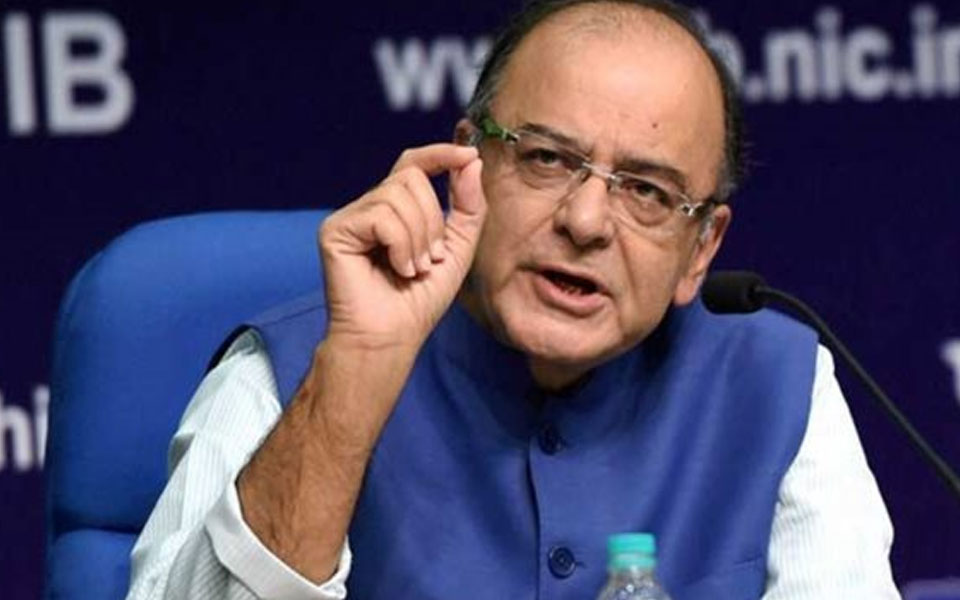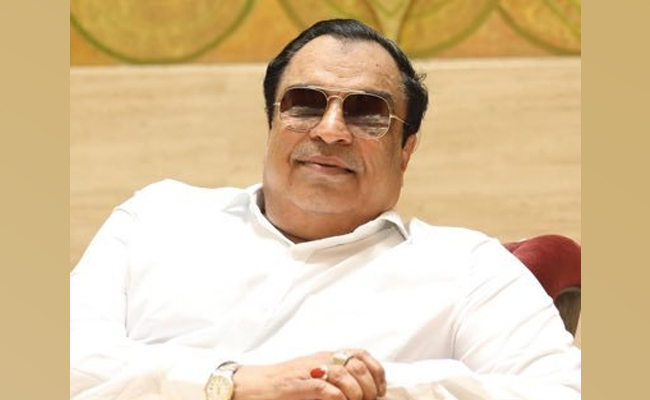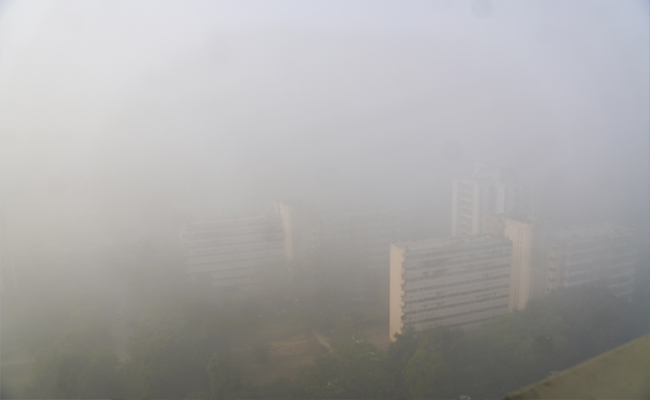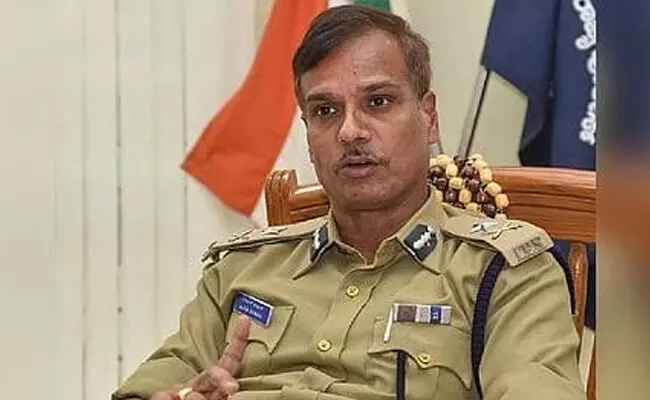New Delhi, July 6 : Union Minister Arun Jaitley on Friday attacked the Congress for amending the Constitution in 1951 to restrict Syama Prasad Mookerjee from advocating 'Akhand Bharat' whereas currently it finds calls for 'tukde tukde' a "legitimate free speech".
"The first amendment to the Constitution in 1951 and the 16th amendment in 1963 imposed further conditions on the Right to Free Speech," Jaitley said in a Facebook post on the 117th birth anniversary of Mookerjee, founder of Bharatiya Jan Sangh, the predecessor of BJP.
Jaitley said then Prime Minister Jawaharlal Nehru was against idea of 'Akhand Bharat' (Greater or Undivided India) as he thought it would lead to wars. With no scope to contain Mookerjee from advocating the casue, Nehru went ahead with the first amendment of the Constitution.
"The restriction (brought by the first amendment) is very broadly worded. It empowers the State to prohibit free speech if it adversely impacts 'friendly relations with foreign states'. The State can even make the exercise of speech in this regard as a penal offence," Jaitley said.
Mookerjee was one of the key advocates of a united India which he referred to as 'Akhand Bharat'.
Two days before the "Nehru-Liaquat Pact" was to be signed in April 1950, Mookerjee, who was Industry Minister in the First Cabinet as a Hindu Mahasabha representative, resigned from the Cabinet in protest and took strong public position against the "Nehru-Liaquat Pact", Jaitley noted.
"Nehru over-reacted to Mookerjee's criticism. He interpreted the very idea of 'Akhand Bharat' as an invitation to conflict since the country could not be reunited other than by war," the BJP leader said.
Mookerjee, on the contrary, claimed that Pakistan wanted a war and was already at war with India having captured part of its legitimate territory of Jammu and Kashmir and, therefore, to suggest that his speeches on 'Akhand Bharat' would lead to a war was not acceptable.
"The paradox in our jurisprudential evolution is that we have applied a different yardstick to those who want to dismember India and commit an offence of sedition. This debate recently came into forefront during the 'tukde tukde' agitation at the Jawaharlal Nehru University."
Jaitley said a 1962 judgement of the Supreme Court in Kedarnath Singh's case was repeatedly cited in which the court interpreted Article 124(A) of the IPC to mean that utterances would be punishable only if it intended to incite violence and a speech per se advocating disintegration would not be sedition unless the element of violence was apparent.
"In the past 70 years, this country has witnessed a change in the situation where Nehru amended the Constitution so that a demand for 'Akhand Bharat' could incite a war and therefore should be prohibited. On the contrary, we all were told that to advocate a breakup of the country without inciting violence is legitimate free speech," Jaitley said.
Let the Truth be known. If you read VB and like VB, please be a VB Supporter and Help us deliver the Truth to one and all.
Kalaburagi: Two years after being expelled from the Janata Dal (Secular), former minister C.M. Ibrahim has announced that he will launch a new regional political party in Karnataka on January 24, reported Deccan Herald.
Speaking at a meeting organised by the Nava Karnataka Nirmana Andolana in Kalaburagi on Sunday, Ibrahim confirmed the birth of the new party.
The 77-year-old politician stated he would soon be meeting with other like-minded individuals to choose a symbol for the party.
ALSO READ: Veteran Congress leader Shamanuru Shivashankarappa laid to rest with full state honours
Ibrahim emphasised that the organisation would be guided by the principles of 12th-century social reformer Basavanna and the architect of the Indian Constitution, Dr. B. R. Ambedkar.
A veteran politician, Ibrahim served as Union Civil Aviation Minister during the tenure of H.D. Deve Gowda as Prime Minister and later headed the Karnataka unit of the Janata Dal (Secular). He was expelled from the JD(S) in 2023 on charges of anti-party activities.
His exit from the party followed sharp differences over the JD(S) decision to ally with the Bharatiya Janata Party (BJP). As the then state president of the JD(S), Ibrahim had publicly criticised the alliance, claiming it was finalised without his knowledge. He had also reportedly convened meetings of his supporters and expressed support for the INDIA bloc.





